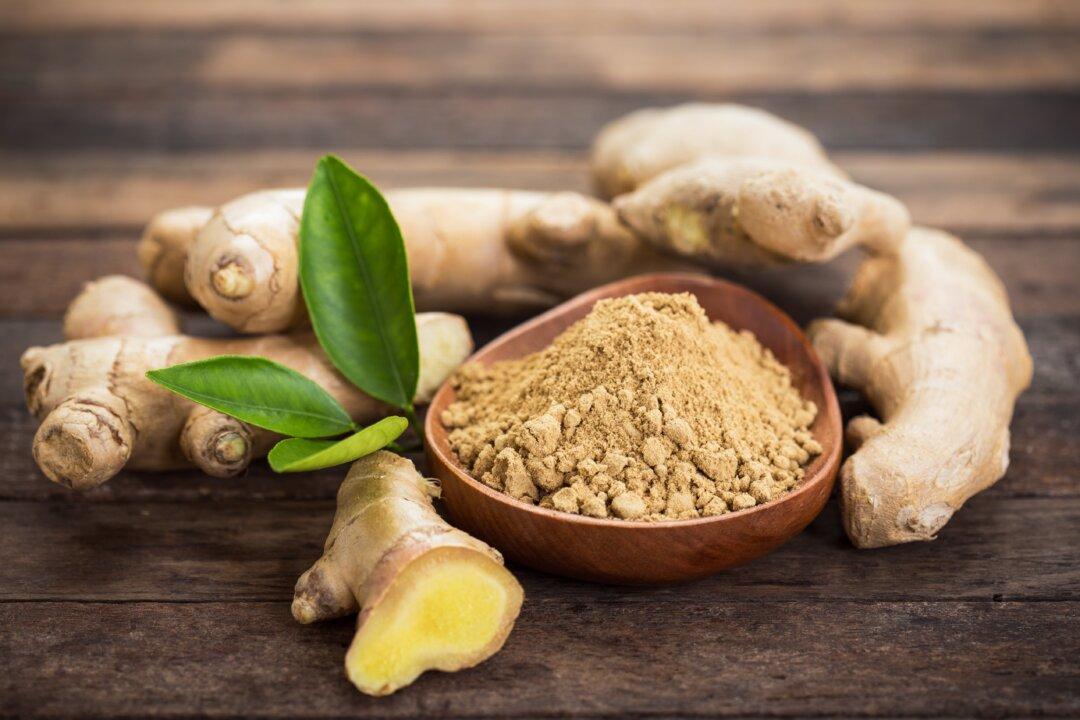Are aching, swollen joints stifling your activity levels and making life a real pain? Ginger, an inexpensive, herbal wonder, can reduce pain and inflammation and allow you to do more of the activities you enjoy.
One common cause of swollen joints is rheumatoid arthritis (RA), an autoimmune disease affecting approximately 1.5 million people in the United States. RA disproportionately affects women, with nearly three times as many women afflicted as men and onset typically occurring between 30 and 60 years of age.





